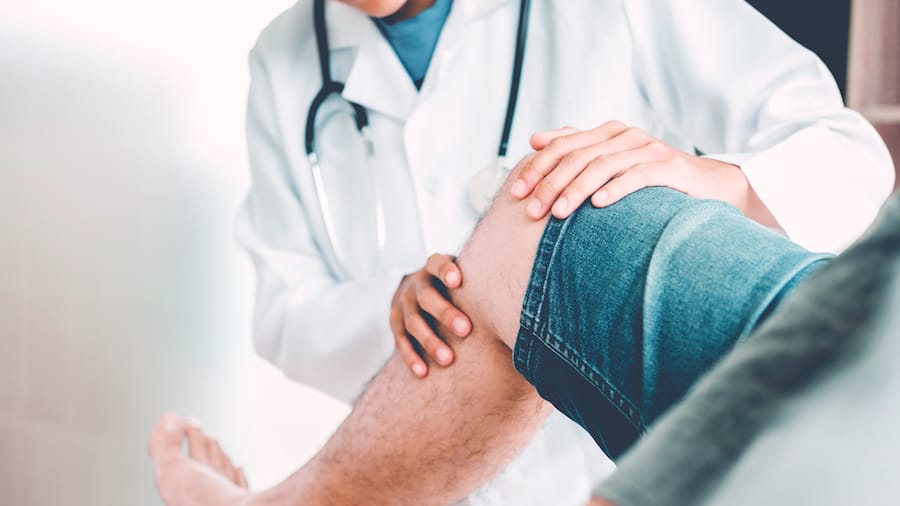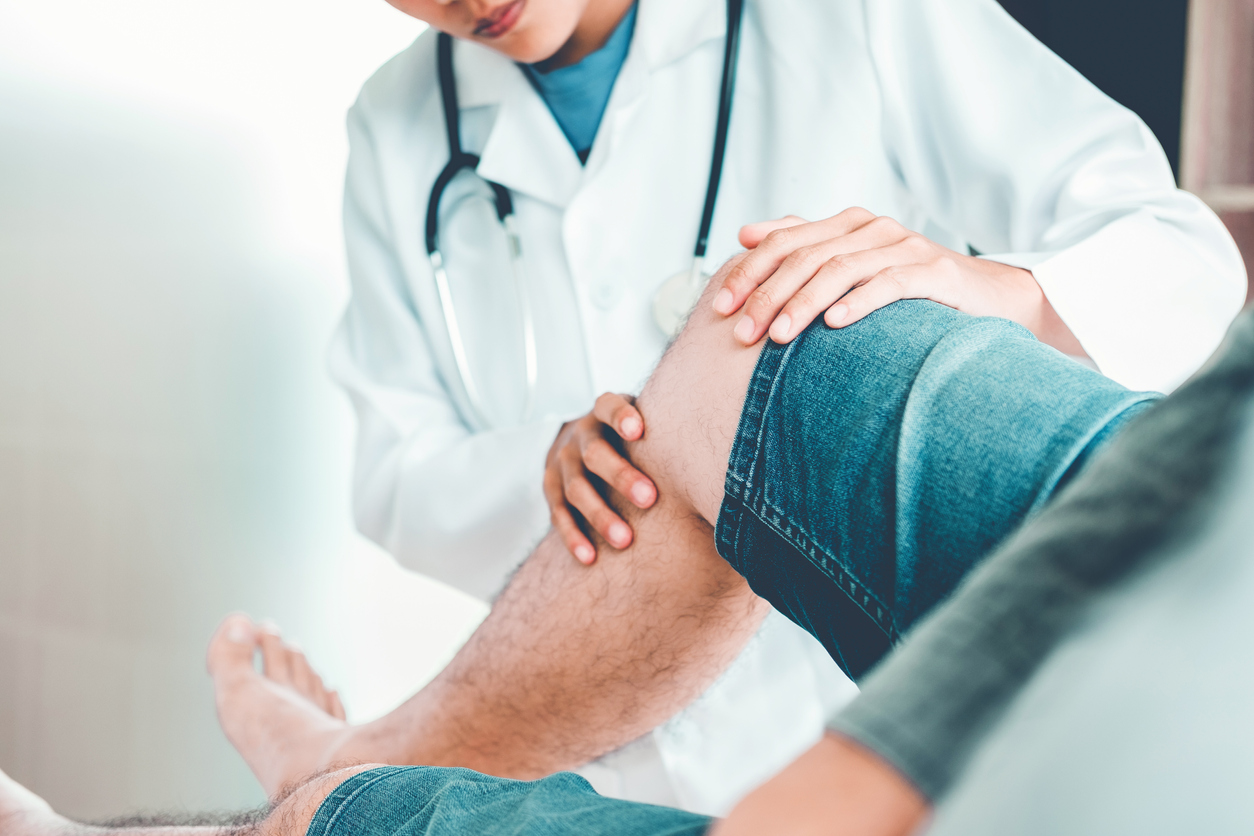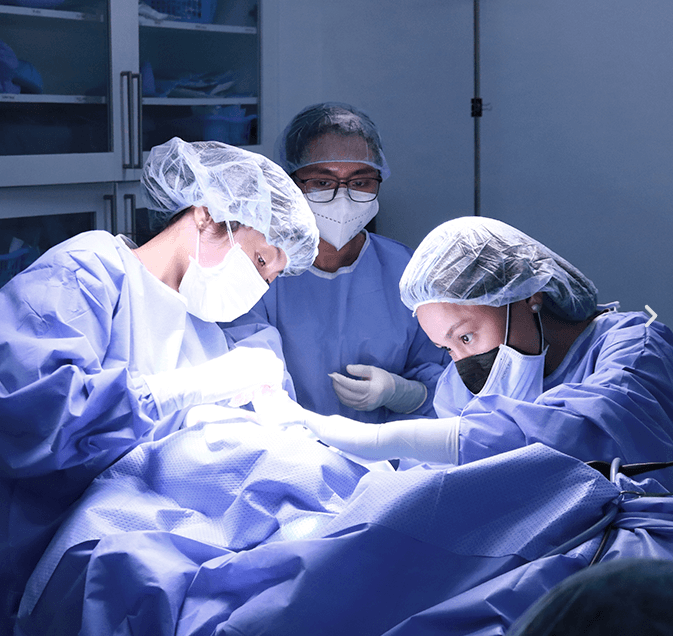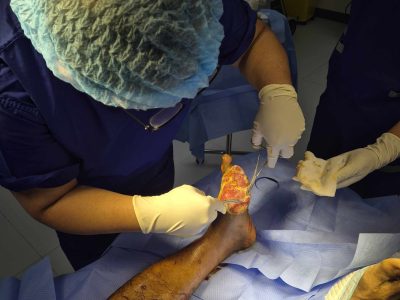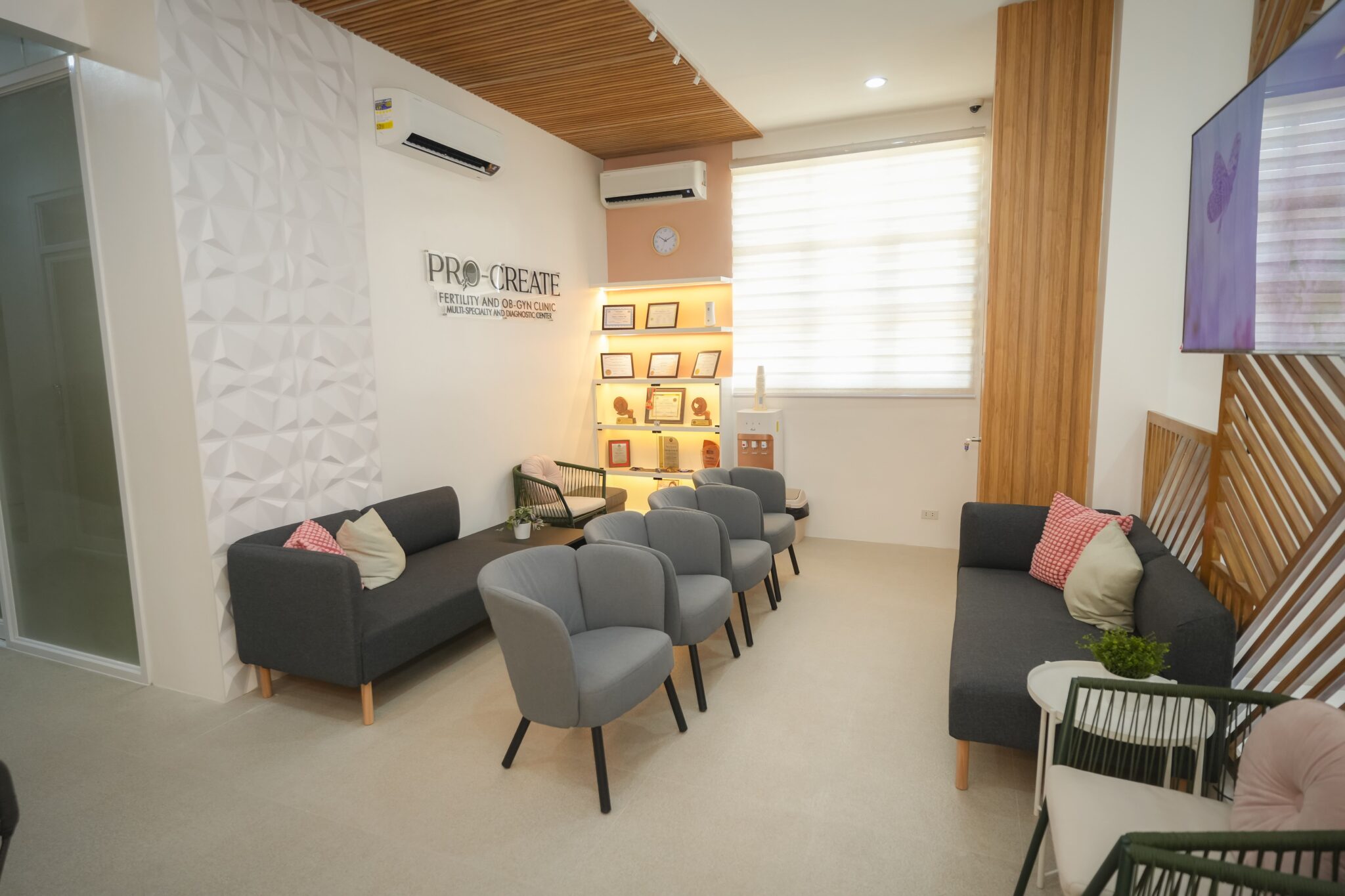Undergoing total knee replacement abroad can be an overwhelming experience, combining the excitement of accessing world-class healthcare with the challenges of being far from home. While advanced surgical techniques and state-of-the-art facilities play a vital role, the support of family companions often becomes a cornerstone of successful recovery. Family members not only provide emotional reassurance but also practical assistance that can significantly impact patient outcomes. Choosing the right medical provider, such as the Hips and Knees Joint Restoration and Replacement Center, ensures high-quality care paired with effective support for both patients and their companions.
Understanding Total Knee Replacement Abroad
Total knee replacement abroad offers patients the opportunity to receive top-tier orthopedic care at competitive costs, often paired with faster recovery options. This surgical procedure involves replacing damaged knee joints with artificial implants to restore mobility and reduce pain. While traveling for surgery can be enticing due to skilled surgeons, modern facilities, and affordable packages, patients face the added challenge of navigating unfamiliar environments during recovery. Having a family companion during this time can ease stress and ensure that post-operative instructions are followed carefully.
Who Are Family Companions?
Family companions are trusted individuals who accompany patients through every stage of the total knee replacement abroad journey. Their responsibilities range from emotional support to physical assistance, helping patients adapt to a new environment and manage post-surgery needs. Companions act as advocates, ensuring patients communicate effectively with medical staff and follow prescribed rehabilitation protocols. Their presence fosters confidence and can reduce anxiety during a critical period of healing.
Emotional Support During Recovery
Recovering from total knee replacement abroad can be physically demanding and emotionally taxing. Family companions provide reassurance, encouragement, and a familiar presence that can alleviate stress. Emotional support is closely linked to improved recovery outcomes, as patients who feel secure are more likely to adhere to rehabilitation routines and maintain a positive outlook. Hospitals and clinics, such as the Hips and Knees Joint Restoration and Replacement Center, recognize the importance of family involvement in promoting mental well-being and holistic recovery.
Practical Assistance and Daily Care
A key aspect of a family companion’s role involves practical support with day-to-day activities after total knee replacement abroad. Companions can help patients move safely, manage medications, and maintain proper hygiene. They also monitor vital signs, track recovery progress, and report any unusual symptoms to medical professionals promptly. Their assistance extends beyond the hospital to everyday routines, including transportation, meal preparation, and navigating foreign healthcare systems, ensuring a smoother and safer recovery journey.
Enhancing Communication with Medical Staff
Navigating a medical system abroad can be challenging due to language barriers and unfamiliar procedures. Family companions serve as a bridge between patients and healthcare providers during total knee replacement abroad. They help translate complex medical information, ensure that patients understand post-operative instructions, and clarify any concerns. By facilitating clear communication, companions help prevent misunderstandings and ensure that patients follow care plans correctly, which is critical for a successful recovery.
Supporting Rehabilitation and Physical Therapy
Rehabilitation after total knee replacement abroad requires consistency, patience, and motivation. Family companions play a pivotal role in supporting patients through physical therapy routines and exercise regimens prescribed by orthopedic specialists. Encouragement from a trusted companion can make rehabilitation exercises less intimidating and more manageable, leading to better adherence and faster recovery. The Hips and Knees Joint Restoration and Replacement Center emphasizes the collaboration between patients, companions, and therapists to maximize functional outcomes.
Choosing the Right Family Companion
Selecting the appropriate family companion is essential for effective support during total knee replacement abroad. Ideal companions are patient, reliable, and proactive in learning about post-surgery care requirements. Preparing companions for their role—through pre-travel briefings, guidance on mobility assistance, and understanding post-operative limitations—enhances the patient’s safety and comfort. With the right preparation, companions can significantly improve the overall surgical experience.
Potential Challenges and Solutions
While family companions are invaluable, traveling abroad for total knee replacement can present challenges. Companions may experience fatigue, stress, or cultural adjustments. Language barriers and unfamiliar healthcare systems can also pose difficulties. Proactive strategies such as scheduling rest breaks, leveraging hospital support services, and educating companions about recovery protocols can mitigate these challenges. Clinics like the Hips and Knees Joint Restoration and Replacement Center provide resources and guidance to help companions navigate these obstacles effectively.
Takeaway
The role of family companions in total knee replacement abroad extends beyond simple support—they are critical to emotional stability, practical care, and successful rehabilitation. Their presence enhances communication with medical staff, boosts confidence, and ensures adherence to recovery plans. Choosing the right surgical center, such as the Hips and Knees Joint Restoration and Replacement Center, paired with well-prepared family companions, creates an optimal environment for healing and improved patient outcomes. Families planning knee replacement abroad should carefully consider companion involvement as a key element of the recovery process.
FAQ
Why are family companions important for total knee replacement abroad?
Family companions provide emotional support, assist with daily care, and facilitate communication with medical staff, all of which improve recovery outcomes.
What responsibilities do family companions have?
Companions help with mobility, medication management, hygiene, transportation, and adherence to rehabilitation protocols.
How can family companions assist with rehabilitation exercises?
They encourage and support patients during physiotherapy routines, monitor exercise adherence, and provide motivation to maintain consistency.
Are there challenges for companions traveling abroad for surgery?
Yes, companions may face fatigue, cultural differences, language barriers, and stress, but proper preparation and hospital support can mitigate these issues.
How do companions improve communication with doctors and medical staff?
They help translate instructions, clarify medical information, advocate for the patient’s needs, and ensure the care plan is understood and followed accurately.

